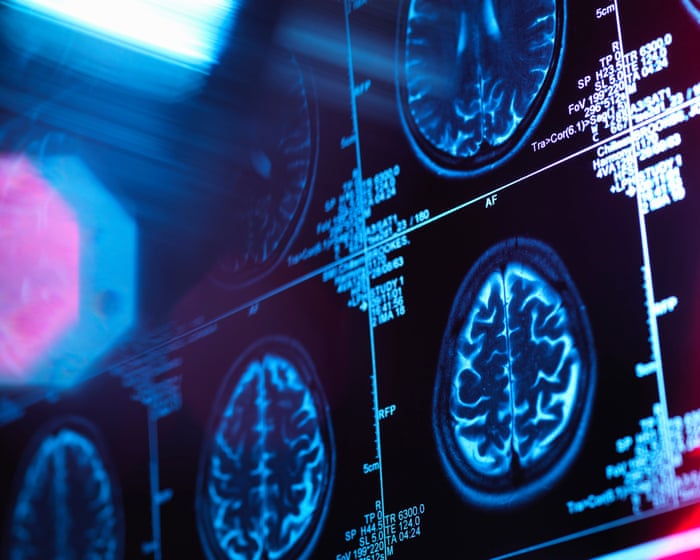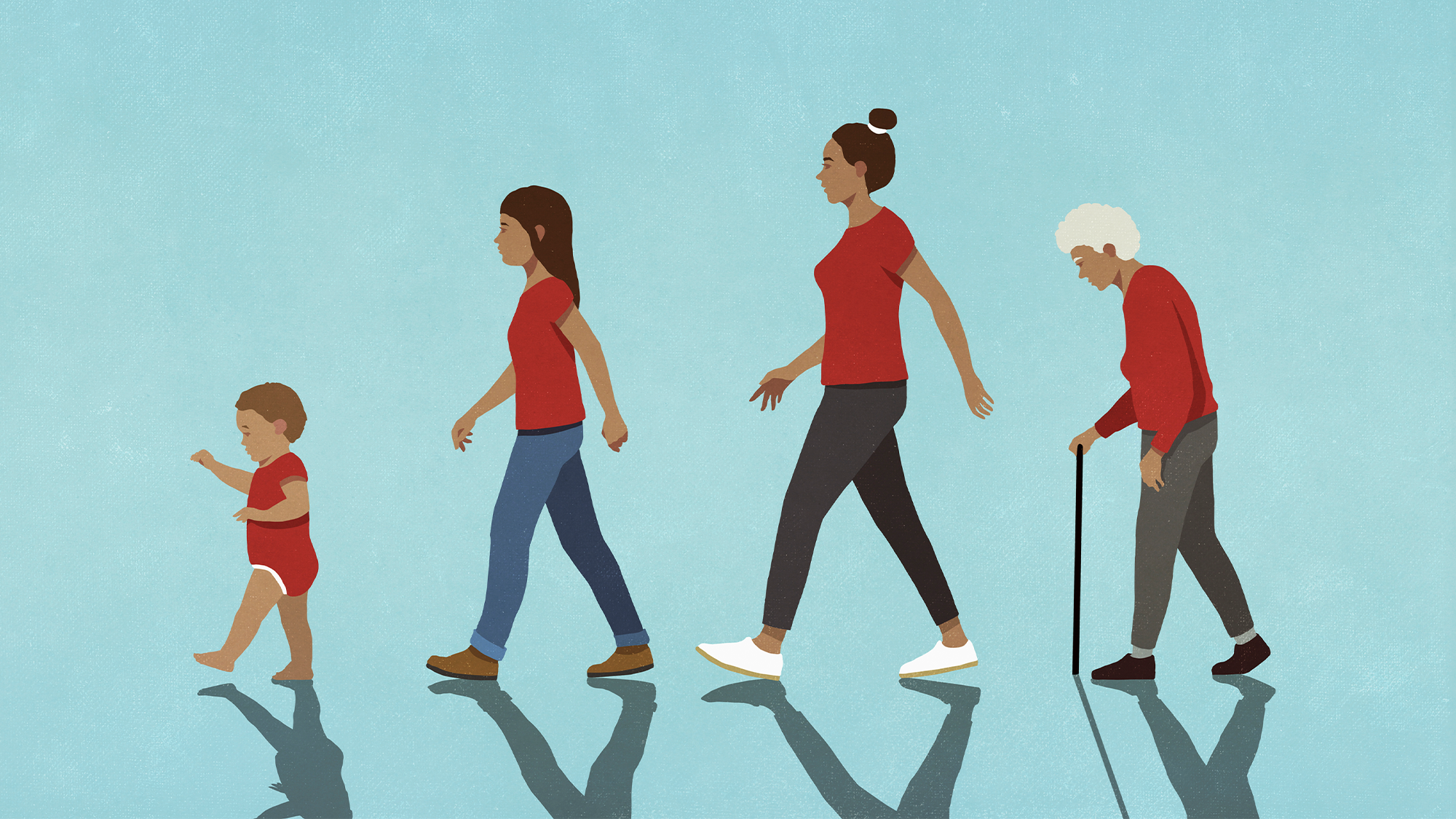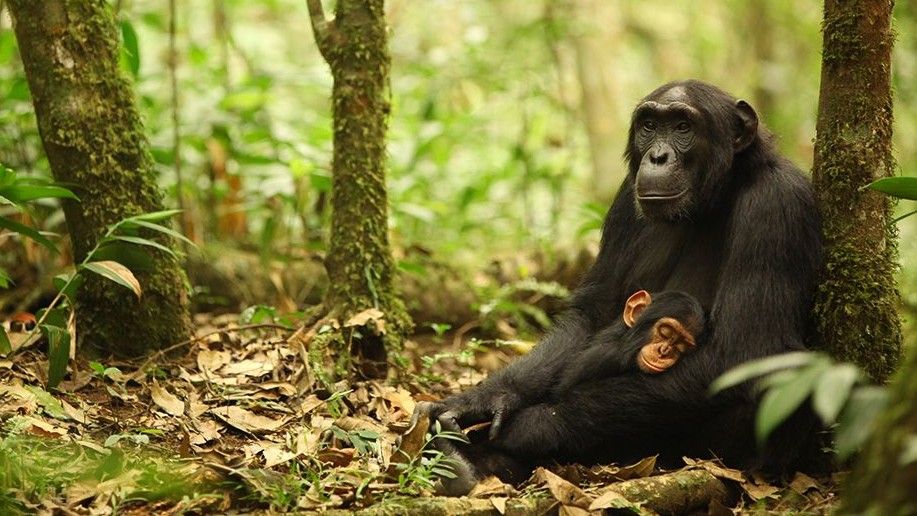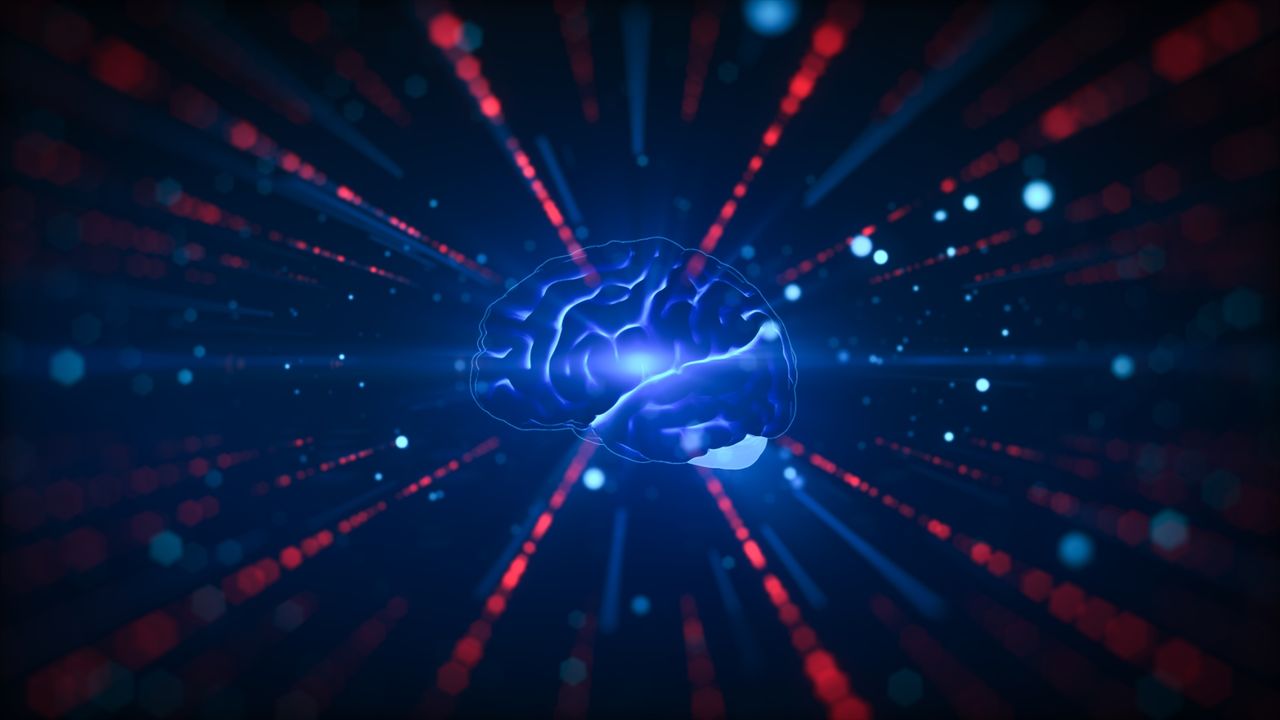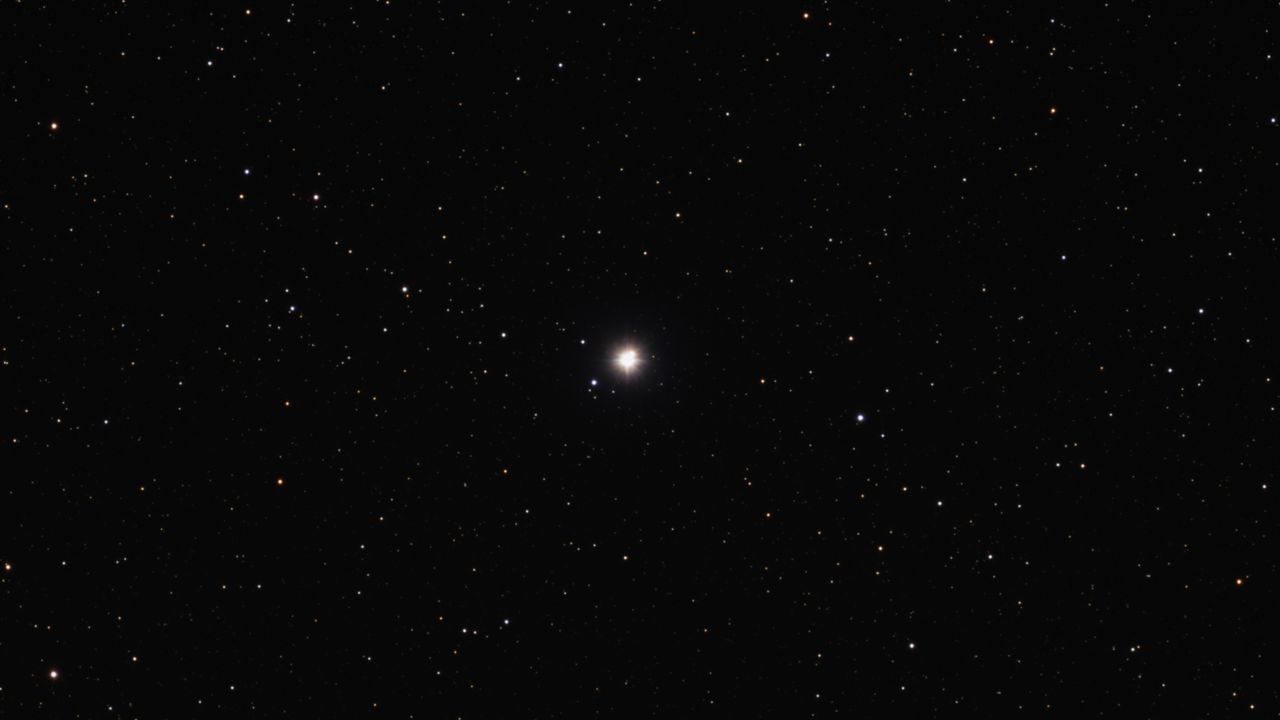New Research Shows Gut Cells Communicate Directly with the Brain
PositiveScience
Recent research reveals that gut cells have a direct line of communication with the brain, suggesting that our digestive health could significantly influence our thoughts, emotions, and cravings. This discovery is important as it opens new avenues for understanding mental health and dietary choices, highlighting the intricate connection between our gut and brain.
— via World Pulse Now AI Editorial System
